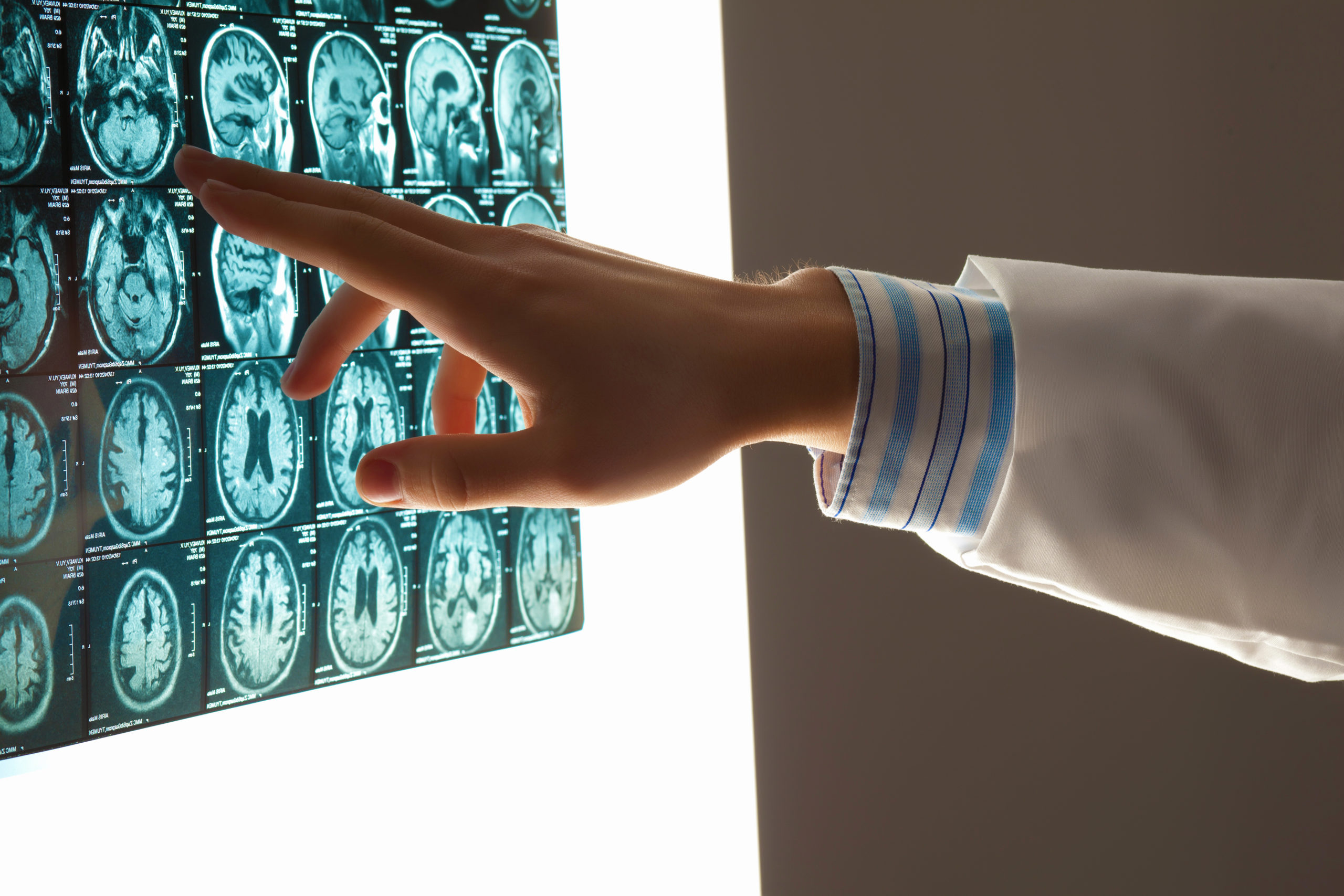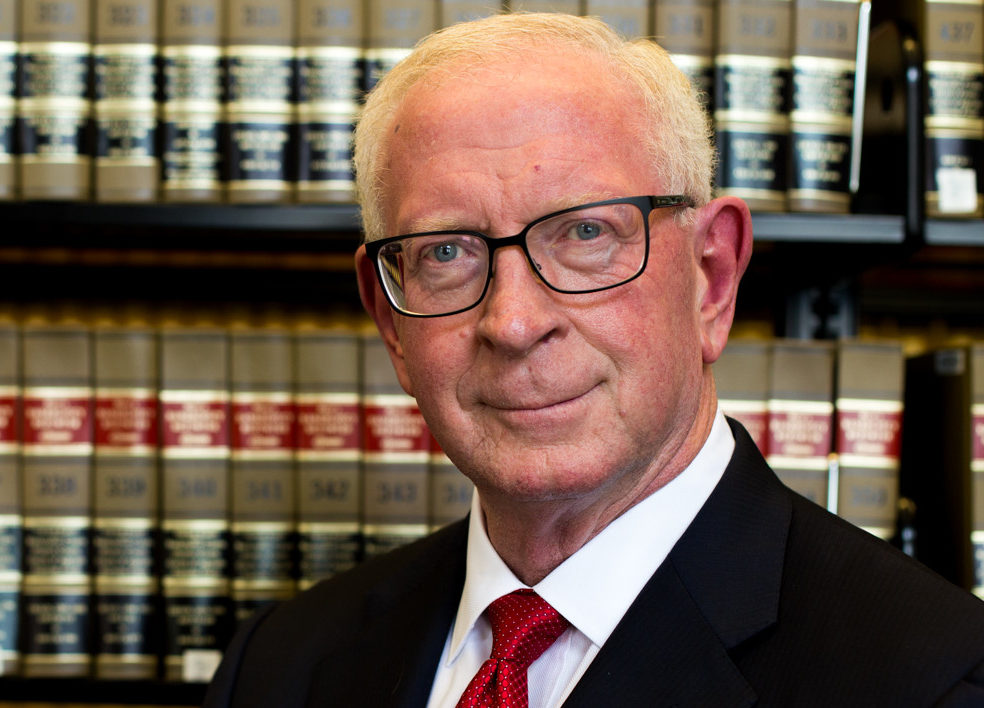Brain Mapping and the Future of Brain Injury Lawsuits
Brain injury lawsuits occur when a brain injury happens as a result of someone else’s mistake or wrongdoing.
Now new advances may show us more about how brain injuries work. And as a result, they could change the evidence in brain injury lawsuits forever.
The Challenges of Understanding Brain Injuries
Traumatic brain injuries (TBI) impact nearly 2 million Americans every year. Survivors may experience long-term and even lifelong disabilities. These impairments include:
- physical symptoms—including migraines, vertigo, and seizures
- cognitive symptoms—like speech difficulties, amnesia, and apraxia (ability to perform familiar tasks)
- emotional disabilities—like mood swings, severe depression, and outbursts
At this time, there are no treatments. Instead, people with TBI can only try to treat the symptoms.
In the effort to cure TBI completely, medical researchers have been working to understand how the TBI impacts different brain regions and how they communicate. And new breakthroughs may hold the key.
 Mapping What Happens After a Brain Injury
Mapping What Happens After a Brain Injury
Scientists from the University of California, Irvine have discovered how TBI changes the connections between different parts of the brain. As Robert Hunt, a professor and director of the lab who conducted the study, said:
“We’ve known for a long time that the communication between different brain cells can change very dramatically after an injury. But, we haven’t been able to see what happens in the whole brain until now.”
In the long term, this discovery could help us repair a human brain after traumatic injury. In fact, it could even teach an injured brain to repair lost connections on its own. It may help people recover from addiction. And it likely holds secrets for healing certain mental illnesses.
It can also be a useful tool in personal injury law as we seek to get justice for people devastated by TBI.
How Brain Mapping Might Impact TBI Lawsuits
 As personal injury lawyers, we help people recover after a brain injury that wasn’t their fault. Often when this happens, insurance companies won’t pay for a variety of reasons, including not believing the injury was all that severe. The victim is left with no r
As personal injury lawyers, we help people recover after a brain injury that wasn’t their fault. Often when this happens, insurance companies won’t pay for a variety of reasons, including not believing the injury was all that severe. The victim is left with no r
ecourse as medical bills skyrocket and their whole life changes.
The effects of brain injury can be extremely hard to prove. Our clients might say they experience intense mood swings, debilitating migraines, or even be unable to perform basic tasks. But how do you show they’re telling the truth? How do you prove this to the insurance companies or in court?
We’ve always worked hard to do exactly that. We interview family members, doctors, and expert witnesses. We look at the ways our client’s life has changed for the worse, including lost work and changed routine.
But brain mapping may be the strongest evidence ever. If technological advances continue in this field, we’ll soon be able to show how TBI victims’ brains work, including:
- How different regions of the brain communicate now vs. before the injury
- What those regions say and don’t say to each other, and thus…
- All the ways the TBI impacts our client’s daily life
These are exciting advancements that could make it a lot easier for people to get justice.
A Brain Injury Lawsuit Attorney Memphis Trusts
If you or a loved one has suffered from a brain injury that wasn’t your fault, we can help.
 Our Memphis personal injury firm has fought for Memphians like yourself for over 30 years. We take on the biggest insurance companies and win, and we don’t get paid a cent unless you do.
Our Memphis personal injury firm has fought for Memphians like yourself for over 30 years. We take on the biggest insurance companies and win, and we don’t get paid a cent unless you do.
In addition, we are known for our compassion and care towards our clients. That’s how we’ve won multiple Martindale-Hubbell awards for client satisfaction. We go over and beyond to make sure our clients feel seen, defended, and satisfied.
We know this situation must be incredibly difficult. TBI can change everything in an instant. But with us at your side, you’ll know you have a strong team totally dedicated to getting you the compensation you need and deserve.
To get started, contact us today for a free appointment, no strings attached. Just fill out the form below or call us at 901-327-2100. We look forward to speaking with you.

